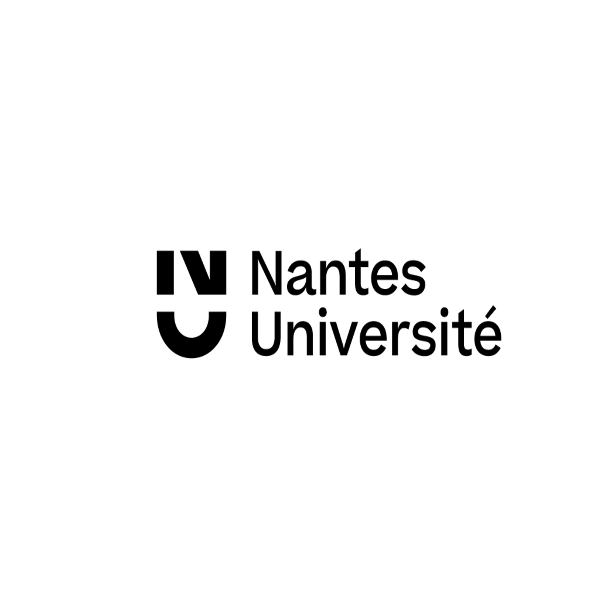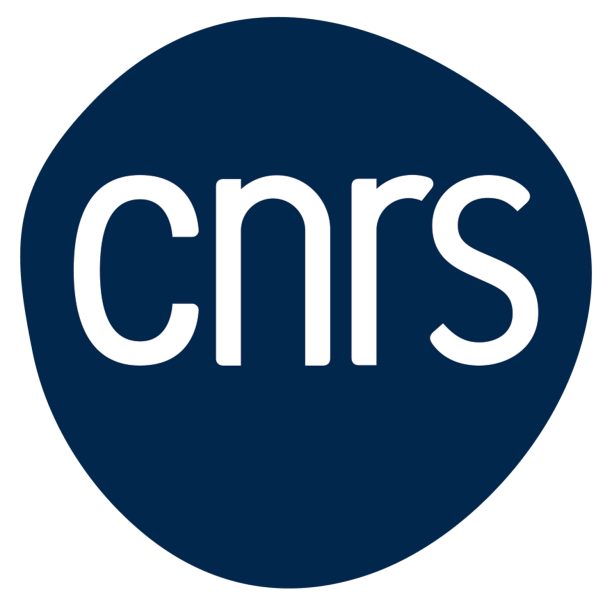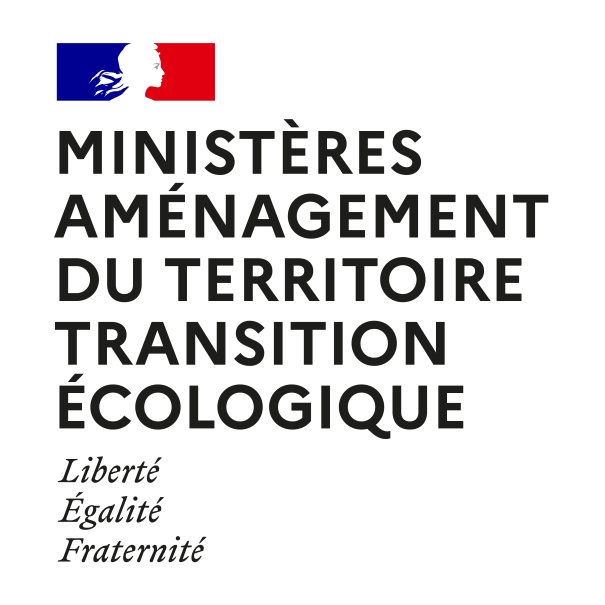

Offre de thèse : Développement de biomarqueurs fluorescents chez Listeria monocytogenes pour mieux p H/F
Référence : 2024-1598183
- Fonction publique : Fonction publique de l'État
-
Employeur :
INRAE Centre Pays de la Loire
INRAE - Localisation : NANTES
Partager la page
Veuillez pour partager sur Facebook, Twitter et LinkedIn.
- Nature de l’emploi Emploi ouvert uniquement aux contractuels
-
Nature du contrat
CDD de 3 ans
- Expérience souhaitée Non renseigné
-
Rémunération Fourchette indicative pour les contractuels 2100€/mois € brut/an Fourchette indicative pour les fonctionnaires Non renseignée
- Catégorie Catégorie A (cadre)
- Management Non renseigné
- Télétravail possible Non renseigné
Vos missions en quelques mots
Description of the subject
This work is part of the FluoPath project funded by the French National Research Agency (ANR) for the period April 2024-March 2028. This project brings together 7 partners, including 4 academic research laboratories (UMR PAM, UMR SECALIM, UMR SQPOV and LUBEM), 2 agroindustrial technical institutes (AERIAL and ADRIA) and the dairy interprofession (CNIEL).
The main objective of the FluoPath project is to identify new biomarkers (promoters that induce the expression of genes of interest) coupled to a fluorescent biosensor to gain new insights into the physiological state of two pathogens (Listeria monocytogenes and Bacillus cereus) in dairy environments (milk, diluted model cheese and, if possible, solid model cheese) in relation to the impact of technological perturbations. Ultimately, this knowledge, combined with that available in the scientific literature, will be used to improve predictive models for microbiological risk in dairy products.
The thesis will focus on the pathogen L. monocytogenes and will be carried out in the academic laboratories of the UMR PAM (Dijon) and the UMR SECALIM (Nantes), according to a schedule that does not require the student to travel regularly between the 2 cities due to their geographical distance (travel expenses will be covered by the host laboratories). The 3-year thesis will start in October 2024 and end in September 2027.
The thesis will be structured around 4 axes
Axis 1: Selection of two out of six strains of L. monocytogenes and two relevant stress conditions
The main objective of this axis will be to evaluate the resistance of six strains of L. monocytogenes to two stress conditions encountered in unit operations chains in the dairy industry. Statistical analysis of these phenotypes of interest will allow us to select, from these six strains, two with
different levels of resistance. These strains will be used throughout the thesis.
Axis 2: Identification of mRNAs specific to each phenotype of interest
The aim of this axis is to identify virulence or stress genes that are over-expressed when the two stress conditions are applied to the two strains selected in axis 1. The level of expression of the genes of interest, identified by a biobibliographical study, will be measured by RT-qPCR. In order
to generate new fundamental knowledge, an unbiased transcriptomic analysis will be performed by RNAseq, combined with a bioinformatics analysis (ontology, identification of promoter sequences specifically involved in each phenotype, etc.).
Profil recherché
Requirements: Motivated candidates will have a Master 2 Research degree or equivalent in Food Microbiology and must be enrolled in the Doctoral School no. 554 "Environnements-Santé" (Burgundy-Franche-Comté).
Knowledge and skills required: rapid adaptability and autonomy, ability to work in a group, ability to listen and share tasks, standard analyses in microbiology, molecular biology, environmental genomics, food microbiology, bioinformatics concepts, fluency in English, writing and organizational skills. The candidate will be required to work in a Biosafety Level 2 laboratory
Niveau d'études minimum requis
- Niveau Niveau 7 Master/diplômes équivalents
Éléments de candidature
Documents à transmettre
Personnes à contacter
- stephane.guyot@agrosupdijon.fr
- Sandrine.Guillou@inrae.fr
Qui sommes-nous ?
L’Institut national de recherche pour l’agriculture, l’alimentation et l’environnement (INRAE) est un établissement public de recherche rassemblant une communauté de travail de 12 000 personnes, avec 272 unités de recherche, de service et expérimentales, implantées dans 18 centres sur toute la France. INRAE se positionne parmi les tout premiers leaders mondiaux en sciences agricoles et alimentaires, en sciences du végétal et de l’animal. Ses recherches visent à construire des solutions pour des agricultures multi-performantes, une alimentation de qualité et une gestion durable des ressources et des écosystèmes.
Descriptif du service
Presentation of the host institutions and laboratories
UMR Food and Microbiological Processes (PAM)
The proposed work will be carried out alternately within the Microbiological and Biotechnological Processes (PMB) team of the UMR PAM and the UMR SecAlim. The UMR PAM is supervised by the Institut Agro Dijon and the Université de Bourgogne. The PMB team focuses its research on understanding the mechanisms of cellular responses to different types of environmental and technological perturbations. The knowledge gained from this research has given the PMB team a strong expertise in the decontamination of food matrices and technological surfaces, as well as in the fields of fluorescence microscopy and spectroscopy via the DimaCell platform.
Website: http://www.umr-pam.fr
UMR SecAlim
UMR SecAlim is under the supervision of Oniris VetAgroBIo and INRAE. The unit's mission is to generate and disseminate scientific knowledge and methods in the field of microbiological safety of food, in response to industrial challenges and societal demands in terms of public health andcontrol of food losses. Its research activities are aimed at the characterization and control of microbial risks (health and spoilage) in food. Molecular, classical and predictive microbiology methods are used to understand, quantify and model the behavior of microorganisms during food processing, at the level of the microbial ecosystem or at the level of model bacterial species. Improved microbiological risk assess
À propos de l'offre
-
Application documents
All applications must include
- A complete and detailed curriculum vitae, with particular reference to the level of experience and qualifications required
- Letter of motivation
- References or contact details of referees
- Master's degree certificate or results of the current Master's degree (if the Master's degree will be completed for the 2023-2024 academic year). -
Suite :
Axis 3: Development of a fluorescent mutant bank by transcriptional (chromosomal) fusion
The genes of interest identified in Axis 2 will be considered as candidates for the construction of a mutant bank from the two previously selected strains (Axis 1). These mutants, which will be fluorescent due to the insertion of the gene encoding a fluorescent protein (GFP, RFP, CFP or
YFP), will be used to generate new knowledge on the impact of stress conditions on the resistance and virulence of L. monocytogenes.Axis 4: Quantification of mutant fluorescence under different stress conditions
In this area, we will evaluate the fluorescence emitted by mutants placed under previously established stress conditions. In particular, the experimental conditions will be optimized to avoid artifacts such as autofluorescence of the milk matrix. -
Vacant à partir du 01/09/2024
-
Chercheuse / Chercheur




